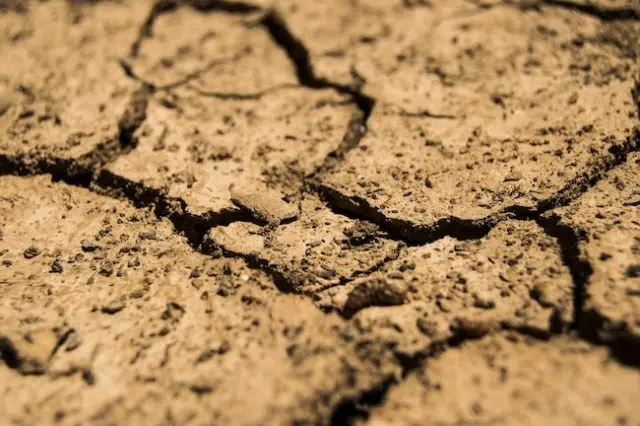
The B.C. government will be hosting a series of workshops in more than 30 communities to help farmers around the province prepare for a potential drought this summer.
They say farmers will get “practical, step-by-step” water management advice as well as information about available financial support that is available to them.
“The workshops are part of the B.C. government’s efforts to help farmers prepare for drought and understand how water management decisions are made,” a statement from the Ministry of Agriculture and Food said.
“The Ministry of Agriculture and Food also funds on-farm projects for drought and other extreme-weather events, as well as providing crop insurance and income protection programs to help farms with crop losses and revenue declines.”
There are two types of workshops set to take place between February and April across the Southern Interior, Cariboo, Kootenays, Okanagan, Lower Mainland, Peace region and Vancouver Island.
“Agricultural Water Management Workshops will aim to help producers make their irrigation systems better, explore options for on-farm water storage, and manage water during times of water scarcity,” the statement said.
“Drought Management Engagement Sessions will provide an overview of the financial support available to producers to prepare for and reduce the impacts of drought, as well as information about water management under the Water Sustainability Act.”
Workshops around drought management will be held in Westwold on Feb. 27, Barriere on March 6, Merritt on March 13, and Kamloops on April 3. A workshop will also be held in Chase at a still to be determined date.
The nearest Agricultural Water Management Workshop will be held in Williams Lake on March 1, with that community also hosting a drought management workshop on March 23.
All of the workshops are free, though registration is required.
According to Environment Canada, the Kamloops-area recorded the warmest and driest year on record in 2023. The City also brought in enhanced watering restrictions last summer, as the area hit Drought Level 5 – the highest on the province’s six-level scale – for the very first time.
For more details on the workshops, including how to register, and a list of dates, go here.
– With files from The Canadian Press















